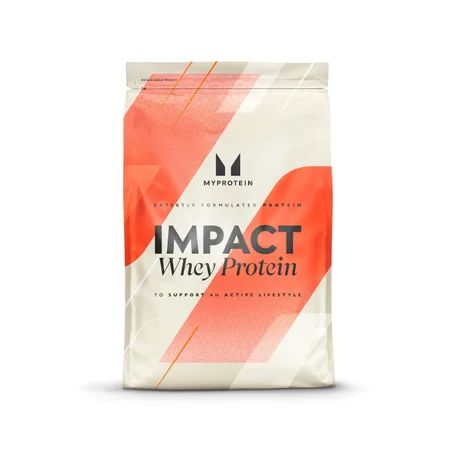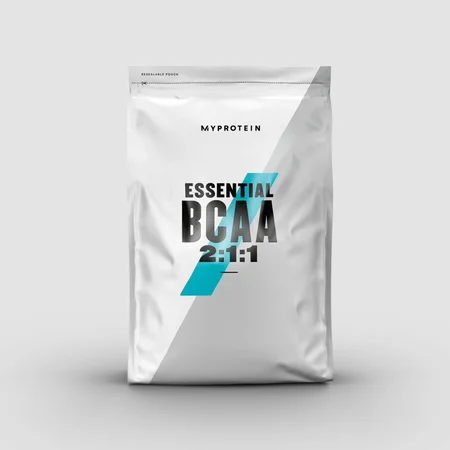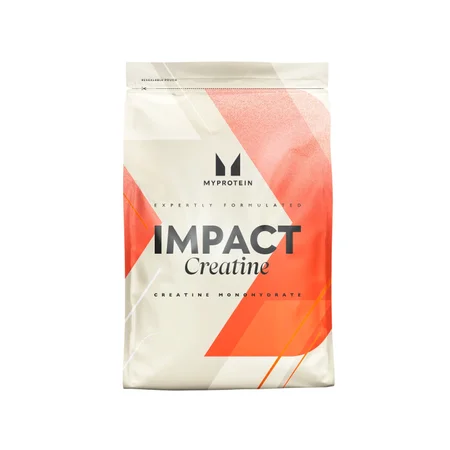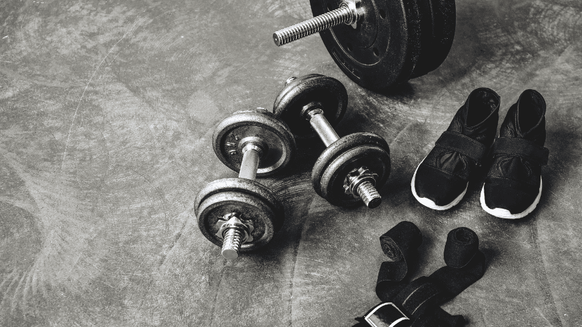What is L Carnosine?

L-Carnosine, or more simply known in the supplement world as Carnosine, is a product of a combination of the two amino acids, Alanine and Histidine. Since our body naturally produces Carnosine, this means that it is classified as a non-essential amino acid.
Non-essential amino acids are produced by our body and there we do not have to consume them through our diet. Essential amino acids are the opposite, and our body requires us to consume these amino acids via food or supplements. Carnosine is mostly found in our bodies skeletal muscle tissues, brain and our nervous system.
L-Carnosine Benefits
L-Carnosine has also been medically proven to show that people who supplement with L-Carnosine may have improvement in neurologic function in the treatment of Autism. However, the most important fact about the benefits of L-Carnosine is simply how it’s an antioxidant and protects our cells.

Foods Containing Carnosine
Besides supplementation of this amino acid, it’s also possible to consume L-Carnosine via protein rich foods such as: Beef, Chicken and Pork. Although there really is no recommended daily intake (RDI) of how much someone should consume, anywhere from 300-600 mg is usually a high enough amount to provide the body with the health benefits.
Since it’s a non-toxic amino acid, it means that you can consume as much L Carnosine as you’d like without any side effects, and any excess amount consumed will simply be excreted by the body via urination and sweating.
What To Take With L-Carnosine
If you are going to take L-Carnosine, although you can simply take it by itself like any other supplement, I recommend also adding Vitamin C, Magnesium and Zinc to your daily supplement list to simply increase the health benefits.
If you are an athlete or simply someone who exercises regularly, L-Carnosine is beneficial for you because it helps prevent the build up of lactic acid in your muscles created during a workout.
If you are someone who has elevated blood sugar levels, carnosine can protect the body from possible damages that can come about from elevated blood sugar levels. In regards to diabetes, carnosine has been proven to help prevent and treat some of the possible complications such as cataracts or eye damage, nerve damage, and even some kidney related problems.

Take Home Message
I strongly believe that any person, especially athletes, can benefit from supplementation with L-Carnosine. By adding around 500 mg or so daily to your supplementation list means you can provide the body with many health benefits without any risk of over dosing.
L-Carnosine may not be one of the most highly recommended and needed supplements, so it’s not the most important one to worry about consuming, although it does have its own benefits like every other product. If you consume an adequate amount of dairy products, eggs, beef, pork and poultry, you will naturally be consuming a high amount of L-Carnosine so supplementation is not going to be needed for you. However, if you are someone who doesn’t consume these foods or meat products or a vegetarian, supplementation of L-Carnosine along with many other amino acids can help provide your body with great health benefits.












